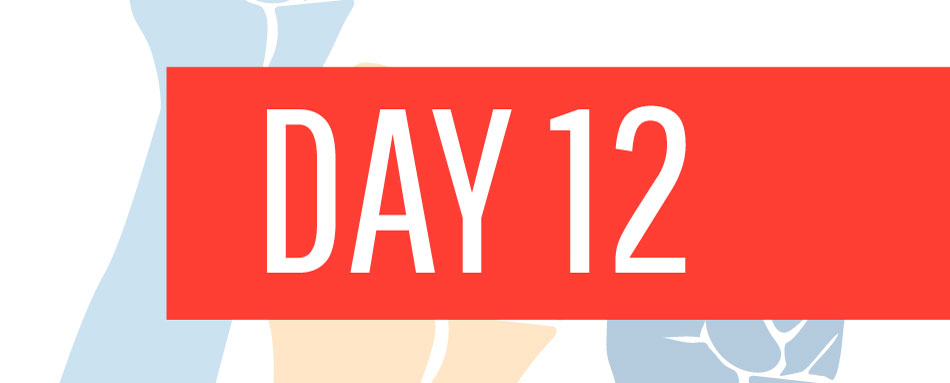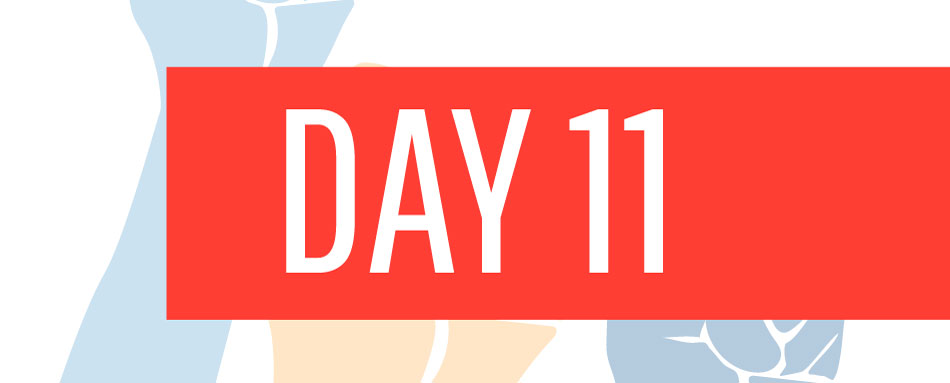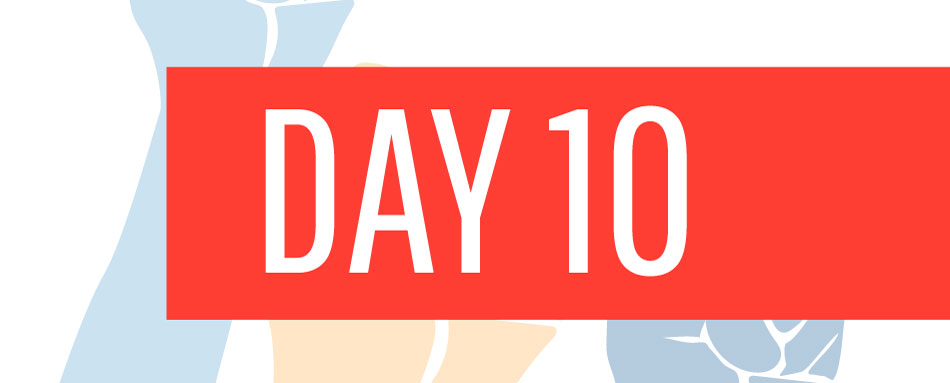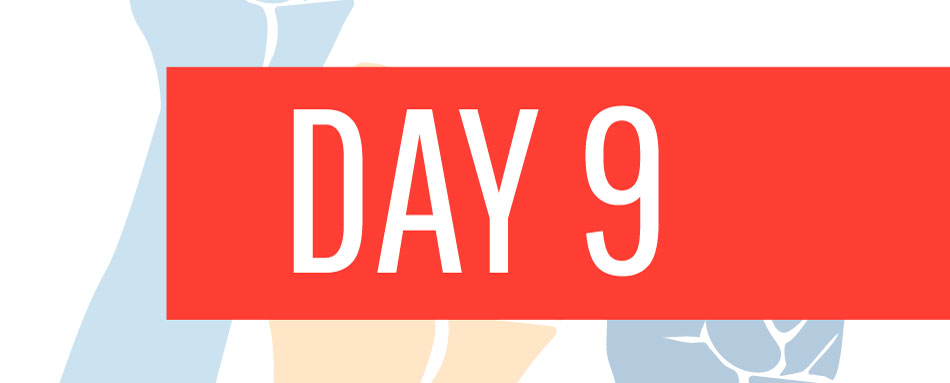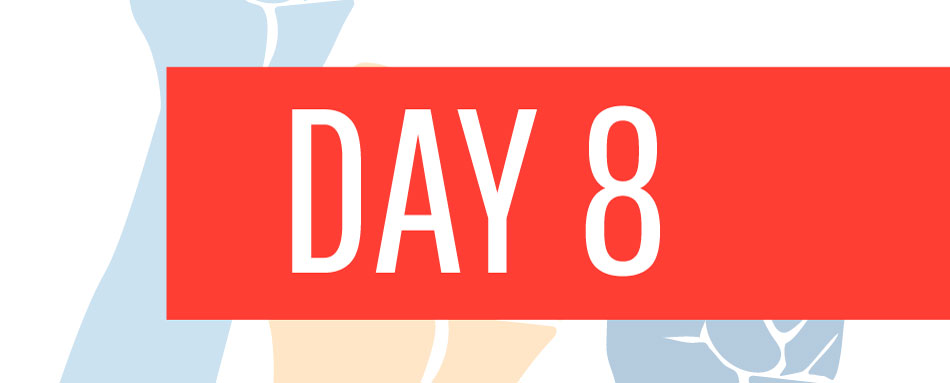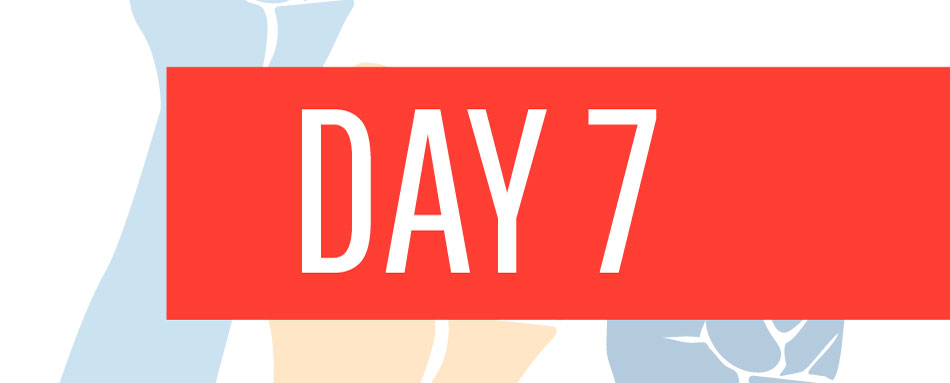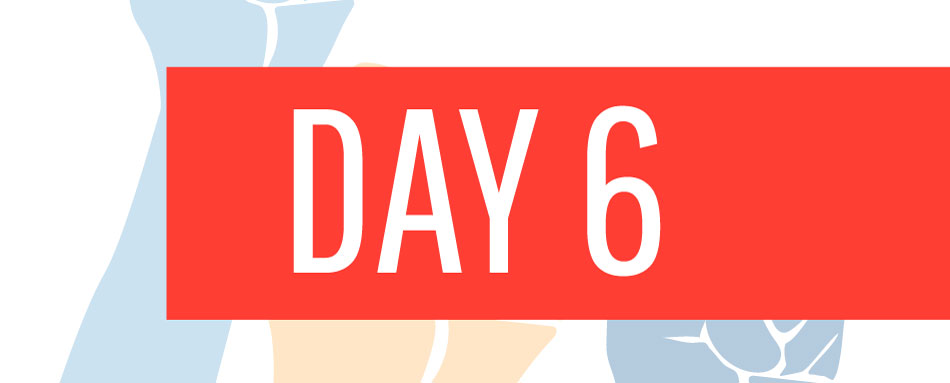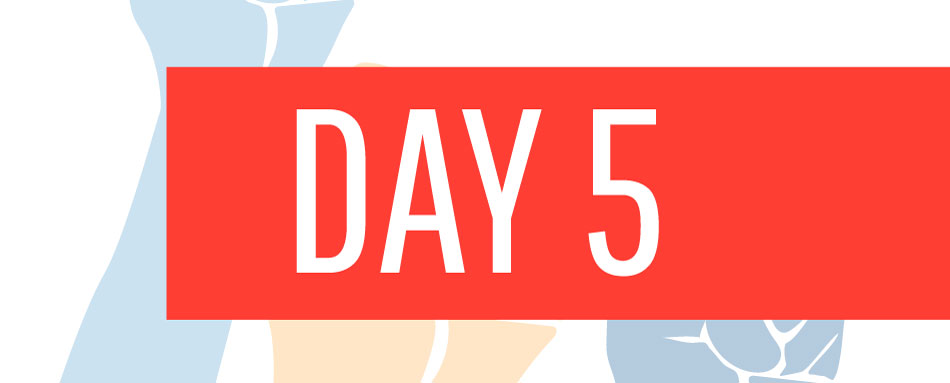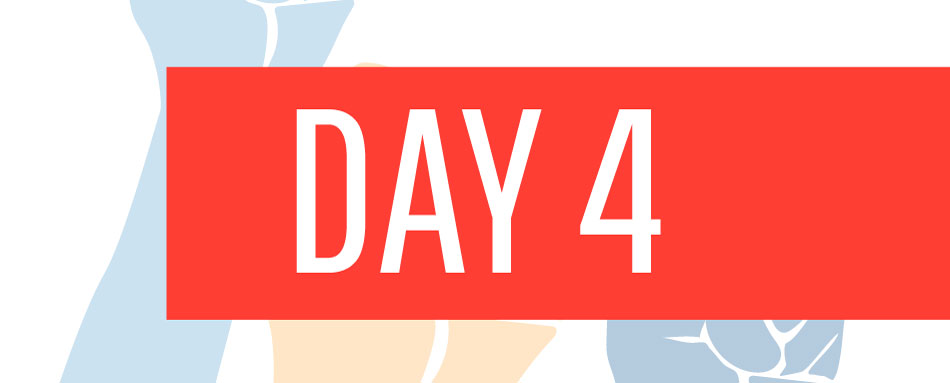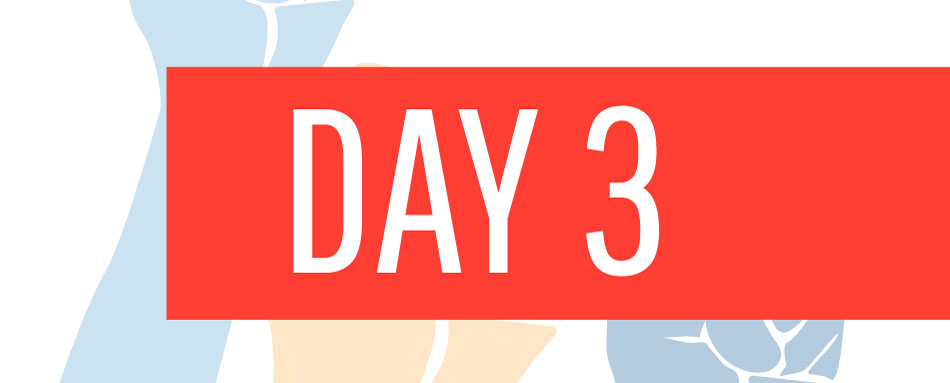Posts by unitedwaybck
Day 12: The Racial Wealth Gap
Throughout this challenge, we have explored structural and institutional inequities that lead to negative and disparate outcomes in health, environmental issues, and housing. Related to each of these challenges is the bigger picture of overall wealth inequity that has grown from racism and discrimination. The racial wealth gap in the United States is staggering. According…
Read MoreDay 11: Environmental Justice
Championed by communities of color including African Americans, Native Americans, Latinos, Asians, and Pacific Islanders, the environmental justice movement addresses a statistical fact: people who live, work, and play in America’s most polluted environments are disproportionately people of color and low income. This is no accident. Communities of color are routinely targeted to host facilities…
Read MoreDay 10: How Your Race Affects Your Health
You may have heard about the racial wealth gap, but have you heard about the racial health gap? According to the NY Times 1619 Project, “racial health disparities are foundational as democracy itself.” Socioeconomic status and institutional racism lead to disparities across living conditions, limit access to quality health care, and contribute to chronic stress…
Read MoreDay 9: Housing Inequality
The reality is that housing affordability and who experiences homelessness is largely influenced by our country’s history of racism. According to the Center for American Progress 2019 article, How America’s Housing System Undermines Wealth Building in Communities of Color, “For centuries, structural racism in the U.S. housing system has contributed to stark and persistent racial…
Read MoreDay 8: Segregation in Michigan
Institutional Racism is defined as “the systematic distribution of resources, power and opportunity in our society to the benefit of people who are white and the exclusion of people of color.” — Solid Ground, Definition & Analysis of Institutional Racism When you hear the word segregation, what do you think of? Many of us think…
Read MoreDay 7: Income Inequality
According to respondents of a September 2020 national poll, 72 percent of Latino households, 60 percent of Black households, and 55 percent of Native American households are facing serious financial problems since the pandemic began, compared to 36 percent of white households. “Everything that we’ve seen laid bare by the pandemic has had a long…
Read MoreDay 6: Levels of Racism
“Americans believe in the reality of ‘race’ as a defined, indubitable feature of the natural world. Racism—the need to ascribe bone-deep features to people and then humiliate, reduce, and destroy them—inevitably follows from this inalterable condition. In this way, racism is rendered as the innocent daughter of Mother Nature, and one is left to deplore…
Read MoreDay 5: Racial Socialization
“If you have come here to help me, you are wasting your time. But if you have come because your liberation is bound up with mine, then let us work together.” Lilla Watson, Indigenous Australian or Murri visual artist, activist and academic Socialization is a process we all go through – it is how we…
Read MoreDay 4: Talking About Race Is Challenging for Some. Here’s Why.
“Our humanity is worth a little discomfort, it’s actually worth a lot of discomfort.” Ijeoma Oluo, So You Want to Talk About Race Have you heard of the term “white fragility?” For white people, “white fragility” refers to their discomfort and avoidance of racially charged stress, which further perpetuates white supremacy culture. It is likely…
Read MoreDay 3: What is Privilege?
“For those of us called white, whiteness simply is. Whiteness becomes, for us, the unspoken, interrogated norm, taken for granted, much as water can be taken for granted by a fish.” ― Tim Wise, White Like Me Privilege is the unearned social, political, economic, and psychological benefits of membership in a group that has institutional…
Read More
